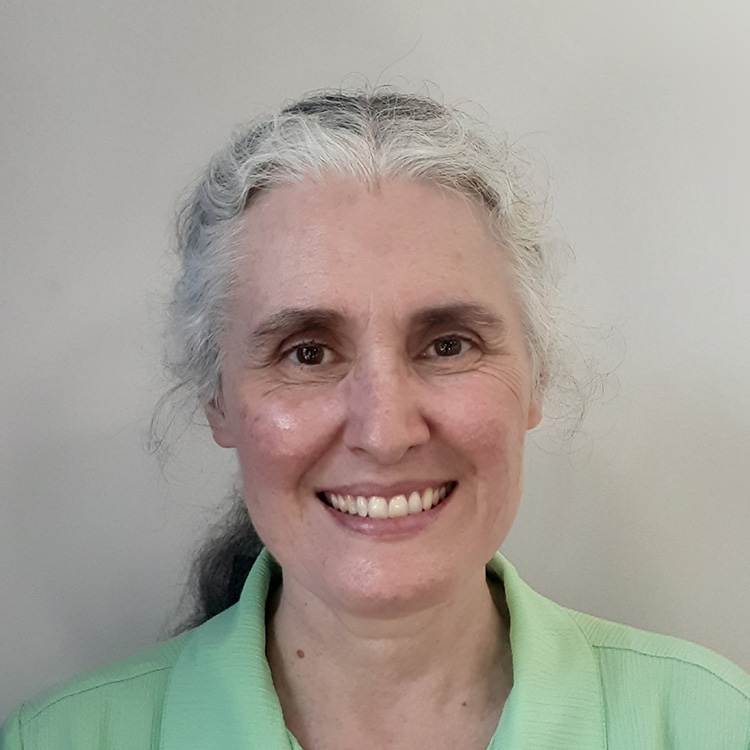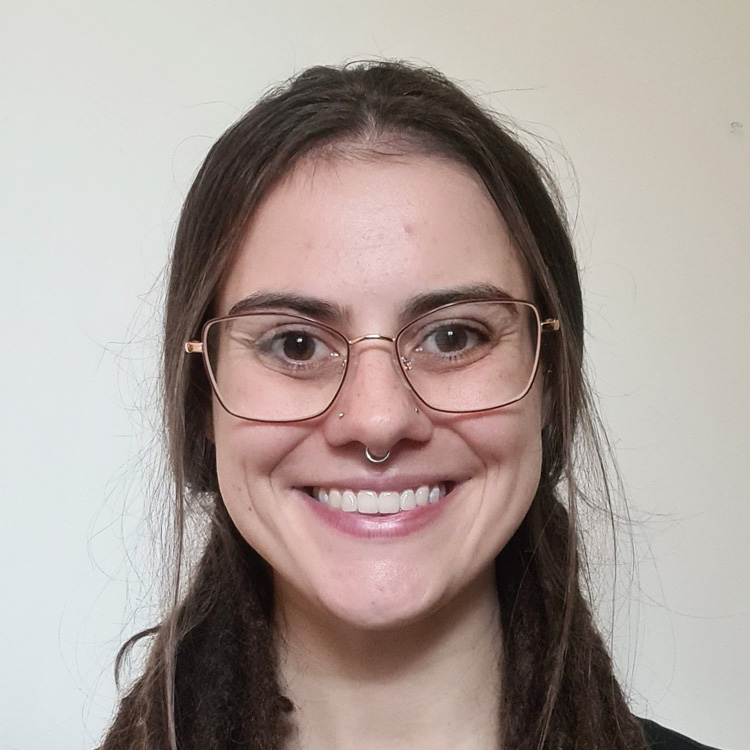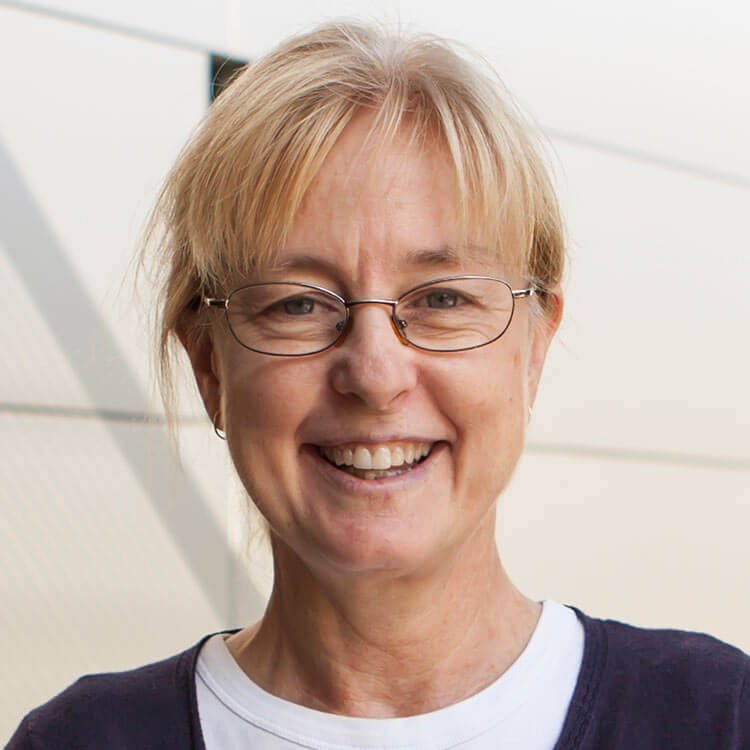Search
Harmful alcohol consumption contributes to poorer health for all people. For Indigenous Peoples of Australia, Canada, and New Zealand alcohol impacts their wellbeing significantly, this is partially explained by both their experiences of colonisation and the resulting impact on structural and social determinants of health. Indigenous Peoples have a recognised right to self-determination, which includes their right to contribute to policy decisions that affect them.
There is a dearth of literature available on the comparative oral health status of those with Rett syndrome (RTT) despite diurnal bruxism being a supportive diagnostic criterion for the disorder. This study was designed to investigate the dental experiences of individuals with RTT in terms of perceived at-home and professional dental care.
By directly engaging with women diagnosed with ovarian cancer, this study aimed to explore and identify their view of the health symptoms and outcomes that matter most to them as they traverse their disease pathway.
Young people with Fetal Alcohol Spectrum Disorder (FASD) can face significant challenges in their lives, including overrepresentation in the justice system from a young age. Police questioning and court proceedings can be difficult for these young people to navigate. Practice and policy responses are necessary to identify these individuals, provide appropriate support/rehabilitation, and upskill the justice workforce. The aim of this research was to determine the unmet workforce development needs of a regional workforce providing care and support to youth involved with the justice system.

Senior Research Officer

PhD Candidate

Research Officer

Senior Research Officer

Head, Child Disability

Senior Research Fellow
